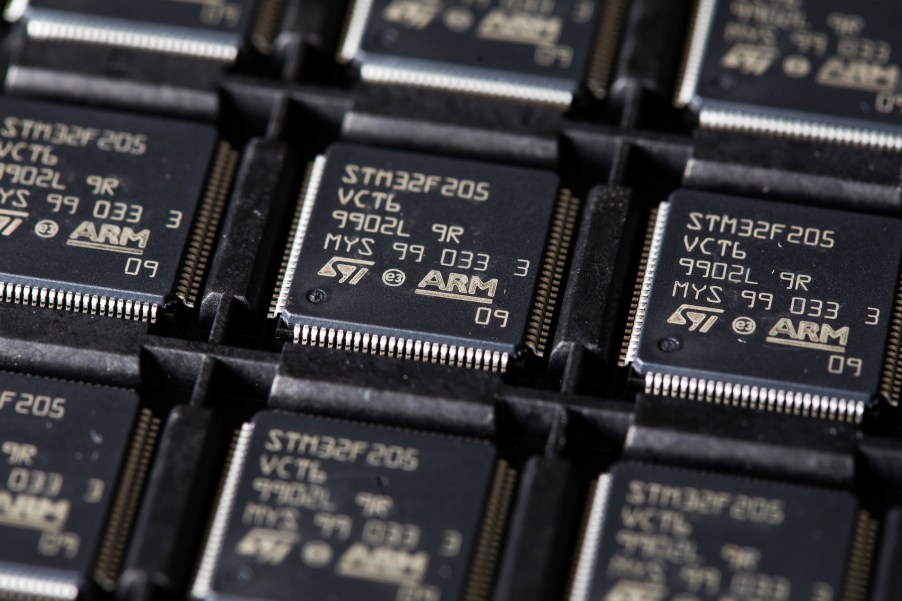
Vehicles Took a Plunge in Quality According to J.D. Power
The J.D. Power U.S. Initial Quality Study is one of the significant indicators of change in the automotive industry. In 2022, J.D. Power said plug-in hybrids and battery electric vehicles have several problems, alongside other vehicles. The survey used responses from more than 84,000 buyers and lessees of new cars in the first months of 2022 to get a quality review. The study revealed that vehicles took a plunge in quality.
The effect of the pandemic and chip shortage

According to J.D. Power, high vehicle prices, the pandemic, chip shortage, and supply chain issues have significantly contributed to the low vehicle quality problem. The semiconductor chip shortage started in 2020 during the pandemic. Although COVID-19 has eased up, the problems are yet to clear up, and automakers are losing billions, with CNBC estimating the revenue loss to be up to $110 billion.
As the automotive industry continued to reel from the effects of COVID-19, supply chain issues began as one of the major chip producers had a fire incident that significantly set the industry back. Weather-related issues in the U.S. didn’t make the situation any better.
David Amodeo, the director of global automotive at J.D. Power, said, “Supply chain disruption, especially the shortage of microchips, has caused automakers to seek alternative solutions to get new vehicles into purchaser’s hands and lessees’ hands.” Experts predict that the chip situation may last until 2023; Until then, automakers have switched to sourcing the chips from smaller manufacturers.
2022 is the worst year for vehicle quality in nearly four decades
Whenever J.D. Power releases the findings for its U.S. Initial Quality Study, the news is usually positive. However, the 2022 study didn’t offer much hope reporting that many vehicles lack quality. The study postulated that quality issues reached a record high in 2022, making this year the worst in the 36-year history of the Initial Quality Study.
The study showed that owners found an 11% increase in problems per 100 vehicles resulting in an industry average of 180 PP100. A lower score in the IQS is always a great thing, and the number increasing this year is cause for alarm.
The site noted that the deterioration in quality cut across the board. The study found that although the continuing and all-new models had more problems in 2022, the all-new models were worse with 23 PP100.
Buick took home the crown for overall quality
J.D. Power found that mass-market brands like Honda, Toyota, and Ford had an industry average of 174 PP100 while the premium brands like BMW, Lexus, and Mercedes-Benz averaged 196 PP100. The study suggested that since premium brand buyers buy more tech in their cars, they will likely experience more issues than mass-market buyers.
The site gave Buick a high ranking in overall initial quality, rating it at 139 PP100, followed by Dodge with 143 PP100 and Chevrolet at 147 PP100. Buick has made a significant improvement jumping from 12th place last year to taking home the crown for overall quality. Genesis led the premium brands in quality ranking with a 156 PP100 score. Lexus cut in close with 157 PP100 while Cadillac placed third with a 164 PP100 score.
Regarding parent corporations, General Motors received the most model-level awards, with nine awards. BMW AG came second with five awards, while Hyundai Motor Group placed third with three awards. Ford Motor Company and Toyota Motor Company tied in fourth place with two awards. The site gave the Chevrolet Corvette the highest-ranking model overall score with 101 PP100.


